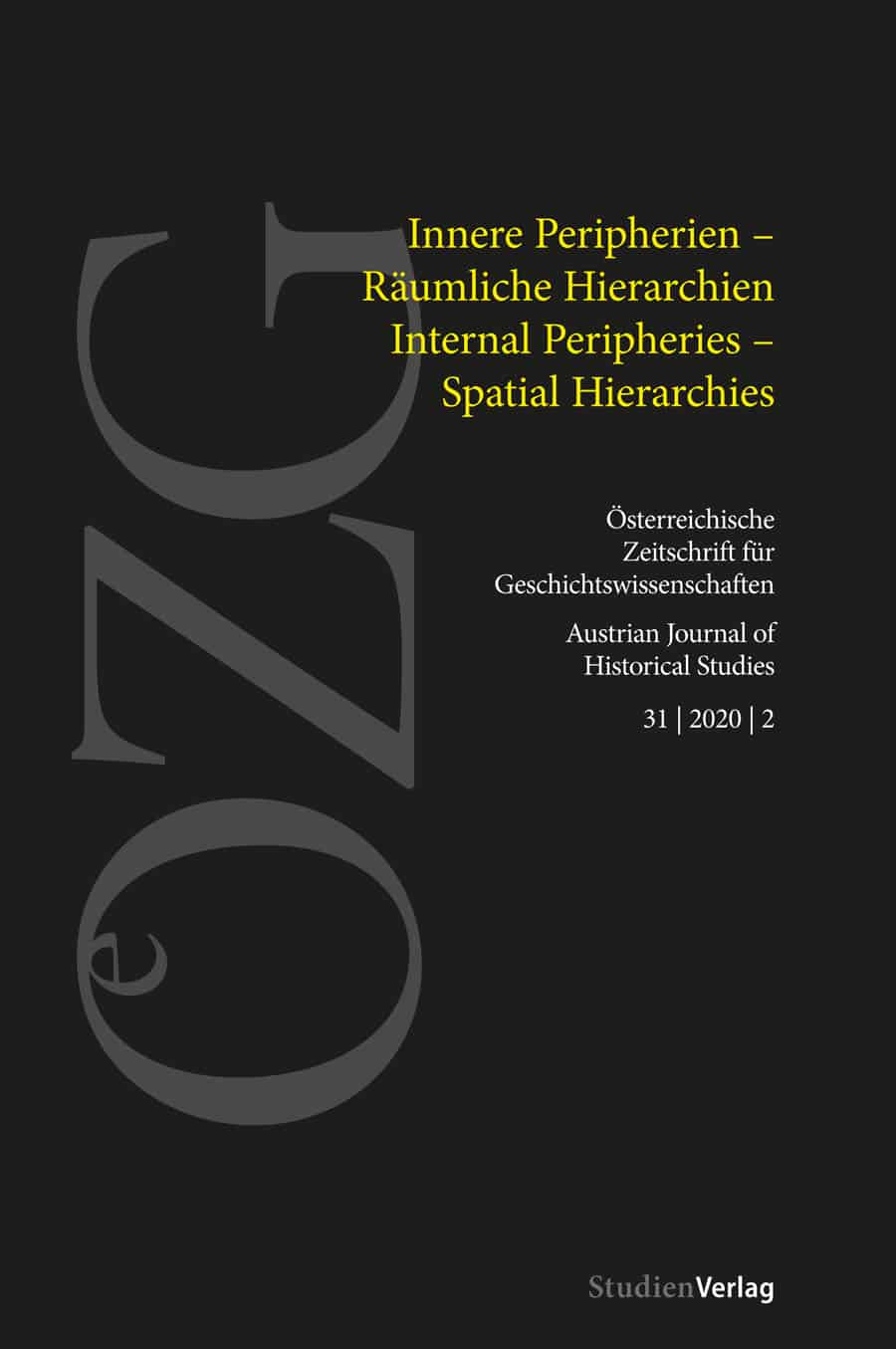Die Genesung des Ostens
Biopolitik in der preußischen Ostmark um die Jahrhundertwende
DOI:
https://doi.org/10.25365/oezg-2020-31-2-6Schlagworte:
biopolitics, Germany’s Eastern frontier, Prussian Ostmark, public health, modernisation, internal peripheriesAbstract
Around 1900, ordinary Germans and politicians in Berlin regarded Germany’s Eastern frontier as economically, culturally and politically jeop-ardised and exposed to the constant threat of Polonisation. It thus seemed necessary to strengthen the functionality of the borderland and its connection with the centre. After purely economic incentives failed to achieve these objectives, doing little for the deperipherisation of the region, it became apparent that different measures were required. A territorial population policy was mobilised. Its most consistent tool was medical measures to control, support and govern the local population, and thus steer regional development. These measures were introduced to meet some concrete political requirements, but also for the ideological purpose of “Germanising” the region. By examining the emergence of the medical infrastructure in the Prussian eastern borderland, namely the Province of Posen, this article focuses on attempts of the government in Berlin to improve the peripheral economic, cultural and societal status of the borderland through the enforcement of biopolitical measures. It further links the regional inner strife to its own peripheral and unstable situation. The contribution furthermore examines local realisa-tions of ideas formulated in Berlin, their consequences and the processes that they set in motion. Local visions of the extent to which inner-German peripheralisation and inner-regional marginalisation was a disadvantage or an advantage challenged some key ideas of the German government. The case of the Province of Posen also shows that the reduction of asymmetries was not always desired and that locality, as opposed to centrality, was decisive for biopolitical de- and (re-)peripheralisation processes.
Downloads
Veröffentlicht
Zitationsvorschlag
Ausgabe
Rubrik
Lizenz
Copyright (c) 2020 Österreichische Zeitschrift für Geschichtswissenschaften

Dieses Werk steht unter der Lizenz Creative Commons Namensnennung 4.0 International.


